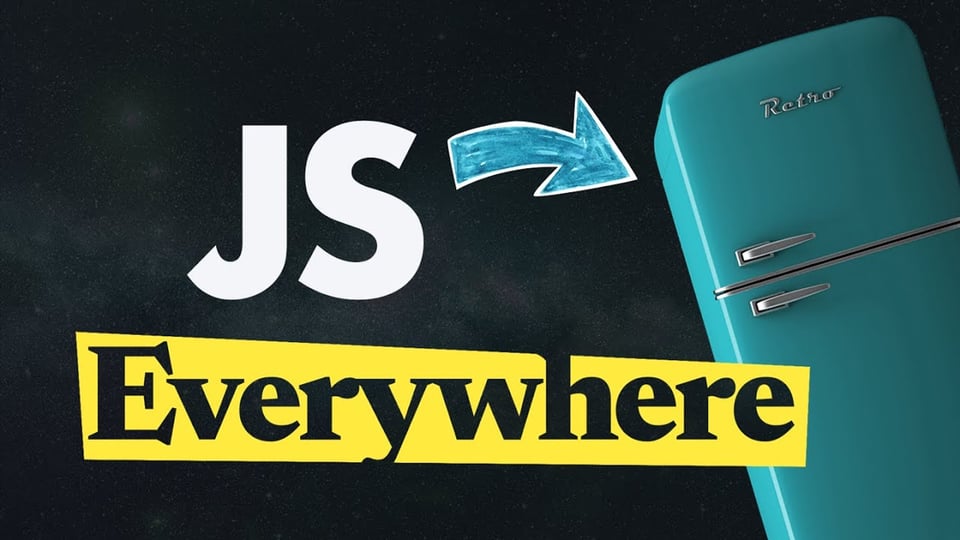This month we released Deno 1.41, announced the JavaScript Registry (”JSR”), and provided more resources for building your own web IDE.

Introducing JSR
JSR - the JavaScript Registry is now in public beta - sign up now! JSR is optimized for TypeScript and supports ES modules only. It works with Deno and npm-based projects (Node, Bun, Cloudflare Workers, etc), and is free and open source.
You can install packages like this:
# deno
deno add @luca/flag
# npm
npx jsr add @luca/flag
You can import packages like you would any other ES module:
import { printProgress } from "@luca/flag";
printProgress();
Easily publish your own TypeScript and JavaScript modules from the command line:
# with deno installed (https://docs.deno.com/runtime/manual)
deno publish
# with npm-like systems
npx jsr publish
Modules are published to JSR as TypeScript source code. API documentation generation, type declarations for Node-like environments, and transpilation are all handled by JSR. Module authors can focus on writing TypeScript only.
We hosted a livestream where Kevin walks through all you need to know about JSR, as well as answer listener questions!
What is the community saying about JSR?
- “JSR: The New TypeScript Package Registry (NPM Killer)” – Syntax.fm with Luca Casonato
- “Using packages from JSR with esbuild” — Simon Willison
- “JSR: second look” — David Bushell
- “Is JSR the chosen one?” — Bytes.dev
Deno 1.41: smaller deno compile binaries
Deno’s goal is to simplify programming in as many environments as possible. In this 1.41 release, we’re excited to announce improvements that broaden how and where Deno can be used: we’ve roughly halved the size of deno compile binaries, as well as added an official Linux ARM 64 build. Additionally, we’ve continued to improve Node.js compatibility, the LSP to include better auto-completion, and Deno APIs.

From the Community
We recently launched our TypeScript Champions program to give back to the open source community. Unfortunately, nominations are closed, but we do some exciting news so stay tuned.
Also, Kevin from Deno will be at Node Congress, April 4th, to give a talk about “The State of Node Compatibility in Deno”.
From our #Showcase Discord
- fresh-webcomponents: examples on using Web Components with Fresh
- Lume CMS: a CMS from the creator of Lumé
- ShellGPT: use GPT-4 in your terminal and command line
- log: simple, cross-platform logging solution using streams
- byte: a faster, simpler Hono alternative
- danet 2.3.0: another release from danet, Nest inspired framework that supports http/websockets and kvqueue workers
Other Updates
In case you missed it:
And that’s it for this issue! If you think someone could benefit from this, please forward it along.
— Andy
